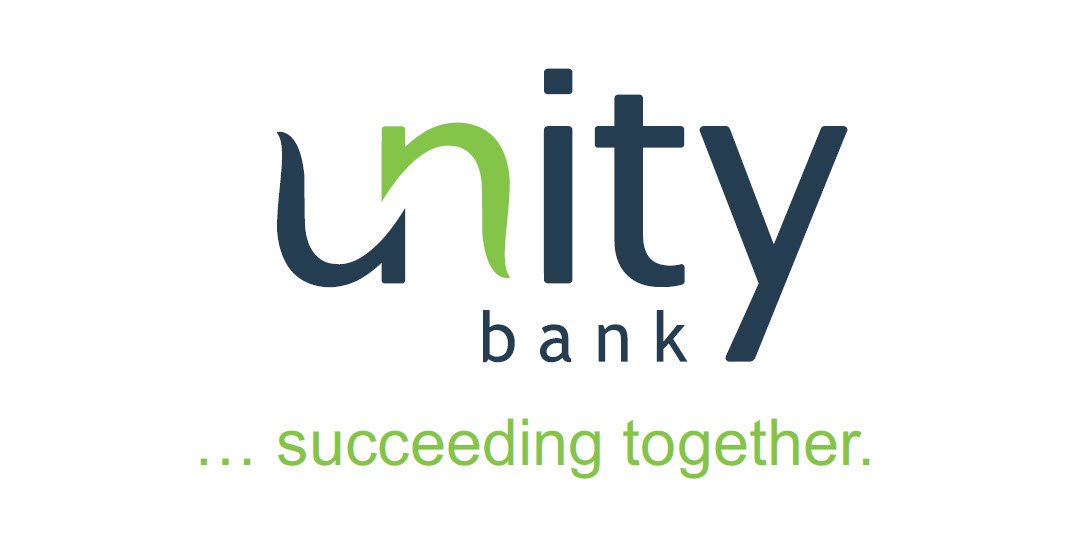Retail lender Unity Bank Plc grew its deposits to N333.38 billion, representing a marginal increase of 2% compared to N327.42 billion recorded in H1’22 in its Half-Year unaudited financial statement submitted to the Nigeria Exchange Group Limited.
The growth in deposits demonstrates incremental gains by the lender from its commitment to deepening its retail footprint through a well-diversified banking product suite that caters to different segments of the retail market.
Other highlights of the unaudited financial statement include gross income and total assets which recorded N27.5bn as against N27.4bn and N512.1bn from N510.1bn respectively within the period under review.
The net loans portfolio reduced significantly by 31% to N198.6bn as of 30 June 2023 from N289.4bn as of 31st December 2022. The bank’s NPL Ratio remained moderate at below 3% while the liquidity ratio stood strong at over 45%.
However, the bank’s profit for the period was impacted by foreign exchange revaluation on the back of Nigeria’s recent FX liberalization policy.
3 persons feared dead in fresh Plateau attack
Dangers of consuming fruits ripened with calcium carbide
Notwithstanding, the retail lender grew its FX trading income significantly by 17% to N239.8 million from N204.4m in the corresponding period of 2022, underscoring its strategic focus on diversifying and growing its earnings portfolio.
Commenting on the financial statements, the Managing Director/CEO of Unity Bank Plc, Mrs Tomi Somefun, noted that the significant disruptions that characterized the operating environment constraints the bank in income generation on the back of revaluation of its net foreign liabilities occasioned by the naira devaluation during the period.
She said: “In the light of the prevailing FX revaluation in the financial system, what we have is a market-driven impact which is adjustable and envisaged from the positive economic outcomes of the government policies in the near term.
“Be that as it may, the negative shareholders’ fund has improved considerably through the injection of N135 billion which moderated the negative shareholders’ fund from (-ve) N275 billion in the December 2022 financial year-end to (-ve) N178 billion at the end of June 2023, after absorbing the FX revaluation loss suffered in Q2/2023.
“We are, however, focused on clear-cut plans to close out on our recapitalization programme very soon to enable us to do business as expected in the fast-growing markets in Nigeria”
She further stated that while it remains optimistic that the government’s policy initiatives will lead to correction in the market, the bank has accelerated measures to ramp up asset creation and liability generation in the short and medium term.

 Join Daily Trust WhatsApp Community For Quick Access To News and Happenings Around You.
Join Daily Trust WhatsApp Community For Quick Access To News and Happenings Around You.

